
















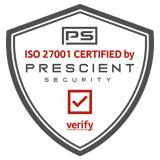
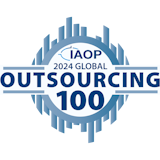
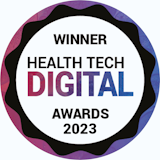
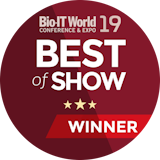
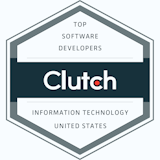


Every project team is structured to optimize your product delivery goals.
Each project we undertake is anchored in our five pillars of success, providing a strong foundation for a product that not only meets your goals today, but can also scale and grow to serve you well into the future.